At the 12th annual Palestine Book Awards announced recently, Ibrahim Muhawi won the Translation Award for Among the Almond Trees: A Palestinian Memoir (Seagull Books), which focuses on the theme of Palestinian return, based on the late poet and author, Hussein Barghouthi’s return home from his “voluntary exile” after 30 years.
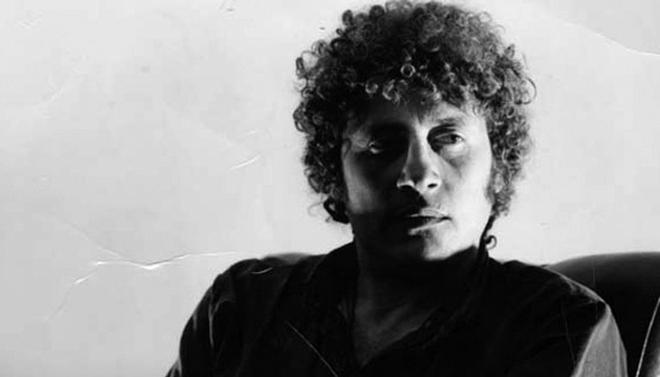
In an email interview, Muhawi explains Barghouthi’s work and its importance as Palestinians are trapped in Gaza and struggle to survive. Edited excerpts:
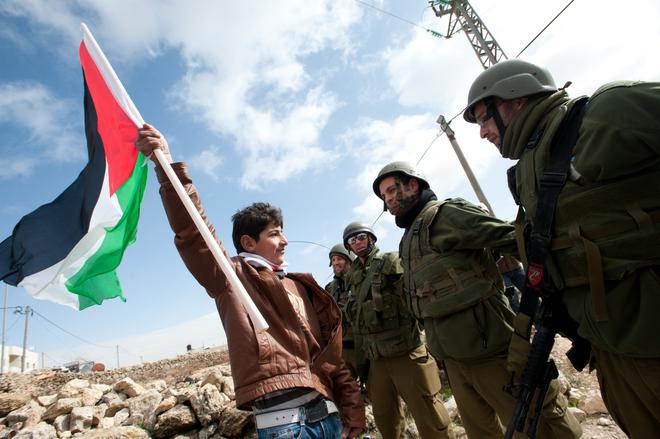
As Hussein Barghouthi fought cancer, and with all the restrictions around him which is the case in the West Bank and Gaza for all Palestinians, what solace did he gather from the almond trees and nature?
The almond trees are part of his childhood and his family history. His father had planted the grove for his mother upon marriage. For Palestinians almond blossoms are symbolic of transient beauty. Mahmoud Darwish called one of his late collections of poetry, Beyond Almond Blossoms. Nature for Barghouthi was the healing landscape of central Palestine. It was the springs, the flora and fauna that he encounters on his walks, the wild animals that he makes friends with, as well as the strange, apocalyptic storm of the Khamsin wind that seems to be an external projection of the upheaval he experiences in his body as a result of the cancer.
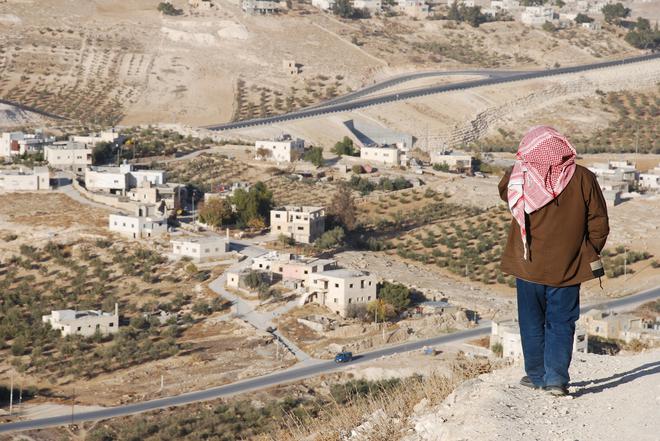
What significance does the ‘Inner Monastery’ on the mountain have for him?
The Inner Monastery is the central landmark of the book. It stands at “the line of horizon” where at dusk earth and sky meet when the sun sets and the moon rises. It is a place of the union of opposites. A mystical place whose significance is historical and spiritual. It is where his two great-uncles lived in the 19th century, the site of their stories and their history, and the place where he goes in order to feel the healing power of nature.
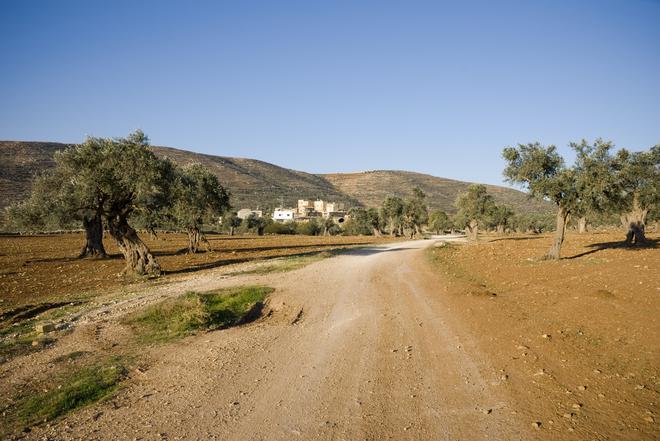
In the backdrop of what is happening in Gaza now, how important is the notion of ‘memory of place’ as Barghouthi mentions in his memoir?
The notion of the ‘memory of place’, as Barghouthi uses it (and as I explain in the Introduction), is a complex idea with an active (or transitive) meaning and a passive (or intransitive) one. The transitive dimension refers to the memory that the place has of its people. This way of understanding the phrase endows the land (“the place”) with a metaphysical meaning based on a spiritual bond between the land and the Palestinian people. The people miss the place and the place misses the people. An outstanding example of this bond is Mahmoud Darwish’s poem, ‘The Eternal Cactus’ — a dialogue between a father and his son on their way out of their village in 1948 to become refugees in Lebanon: “He felt for his key as though checking/On his limbs, and was reassured...”
“Why did you leave the horse behind?/ — That he may keep the house company/Houses die when their dwellers are absent.”
The majority of Palestinian villagers who were driven out of their land took their house keys with them. It remains the symbol of their belonging to the land, their memory of it, and their right of return, enshrined in UN General Assembly Resolution 194, elevated in 1974 in Resolution 3236 to an “inalienable right to return.” Memory is at the absolute centre of Palestinian consciousness of place, as we can learn from Rochelle Davis’s Palestinian Village Histories (Stanford University Press, 2011). The right of return is engraved in the collective memory of the Palestinian people.
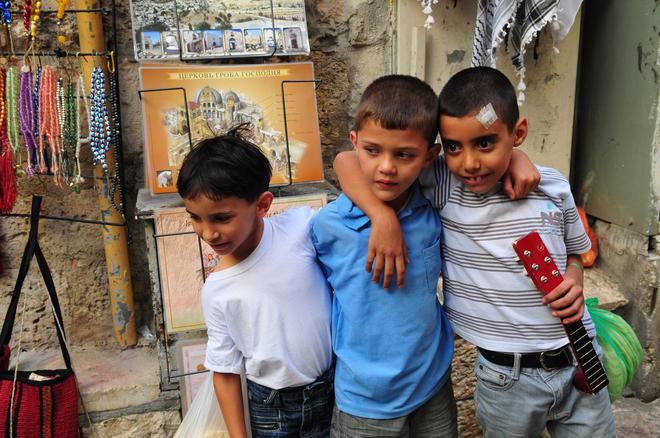
Barghouthi watches the light of the moon and the glaring halogen lights of the settlements and feels he is seeing two memories side by side. What does he mean by this?
The first is a memory of the “snakes that trill with joy as they fly,” and the second is a memory “made of visions and armed myths that dream of eradicating the snakes.” The second memory is a reference to the settlement of Halamish that is “surrounded by cold floodlights and barbed wire everywhere” and “seems to be afloat in space... as though it hasn’t yet touched land or history.” The first memory — the snakes that trill with joy--is a reference to the snake that bit his uncle, one of the many stories he tells about the largest family in Palestine along with other folktales, legends, and descriptions of customs that are rooted in the land. The difference here is between “the two kinds of light”, “moonlight and the halogen lights flooding the settlement,” and the kind of memory that each represents. Palestinian memory is rooted in history, local customs and traditions, and a web of family relations, while the memory of settlers who live is not in harmony with history and nature, a manufactured memory enforced by military occupation.
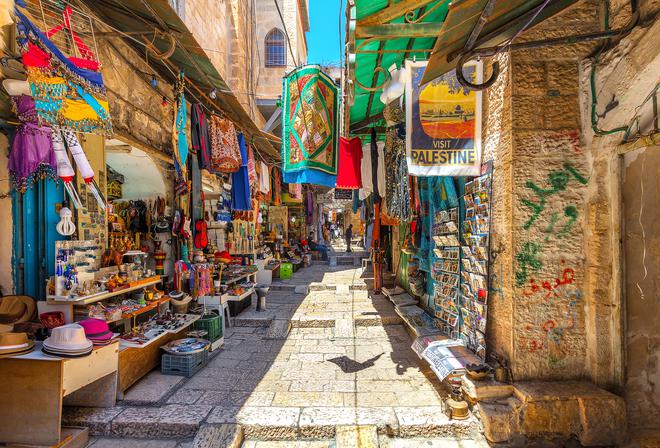
Why do you call him a ‘cosmopolitan inheritor’ of many traditions? How does this tell on the way he led his life and on his writing?
He was cosmopolitan because he was a Palestinian Arab who was at heart a world person. He studied English literature, and earned a PhD in comparative literature at the University of Washington in Seattle, where he encountered the wisdom of the east (Hinduism and Buddhism) that he describes in his other memoir, The Blue Light. He also studied philosophy, both Western and Arabic, and taught it at Birzeit university. He was a poet, a novelist a songwriter, and a writer of imaginative memoirs that are replete with philosophical reflection. To the extent that he considered himself the inheritor of the Hellenic tradition of Alexander the Great, whom he sees as a spiritual ancestor, he was Levantine to the core. He is cosmopolitan because Palestine itself is also cosmopolitan, being at the crossroads of many civilizations both Eastern and Western and the birthplace of Christianity and Judaism. It is the land where Jesus was born, on whose soil he walked teaching the way to self-realisation, and Jerusalem is the site of Prophet Muhammad’s mystical journey, as well as the third holiest spot in Islam. Its name in Arabic — Al-Quds — means “the holy.”
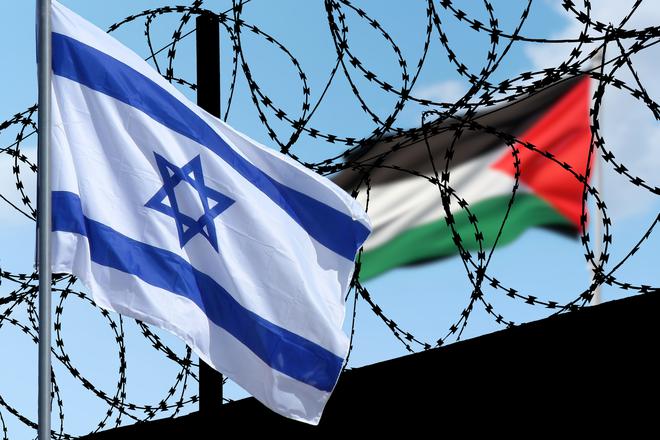
His philosophical musings on life, death, exile, dislocation — as a translator was it difficult to convey all the nuances in English?
Yes. Fortunately, I am both a literary scholar (with a PhD in English literature) and a folklorist, and have considerable experience in translation from Arabic into English. I too have been deeply affected by the philosophies and meditational practices of Hinduism and Buddhism, and had to do a considerable amount of research into Islamic mysticism as well. I was thus able to be on good terms with all sides of Barghouthi’s intellectual and spiritual orientation, and attempted to convey his lyricism as well as his philosophical depth.
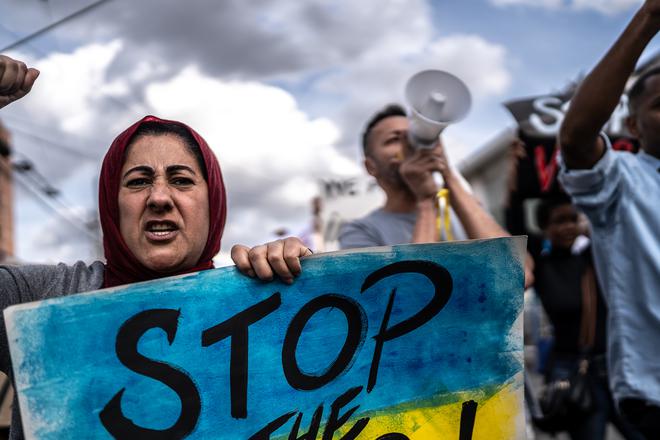
What are you working on?
I am working on a study of the poetry of Mahmoud Darwish, using translations of his poems, as well as his prose writings, as guides. The critical approach in this study is based on the poetics of translation and on ideas from the poetry itself. Darwish was a formidable critic and intellectual.
sudipta.datta@thehindu.co.in







